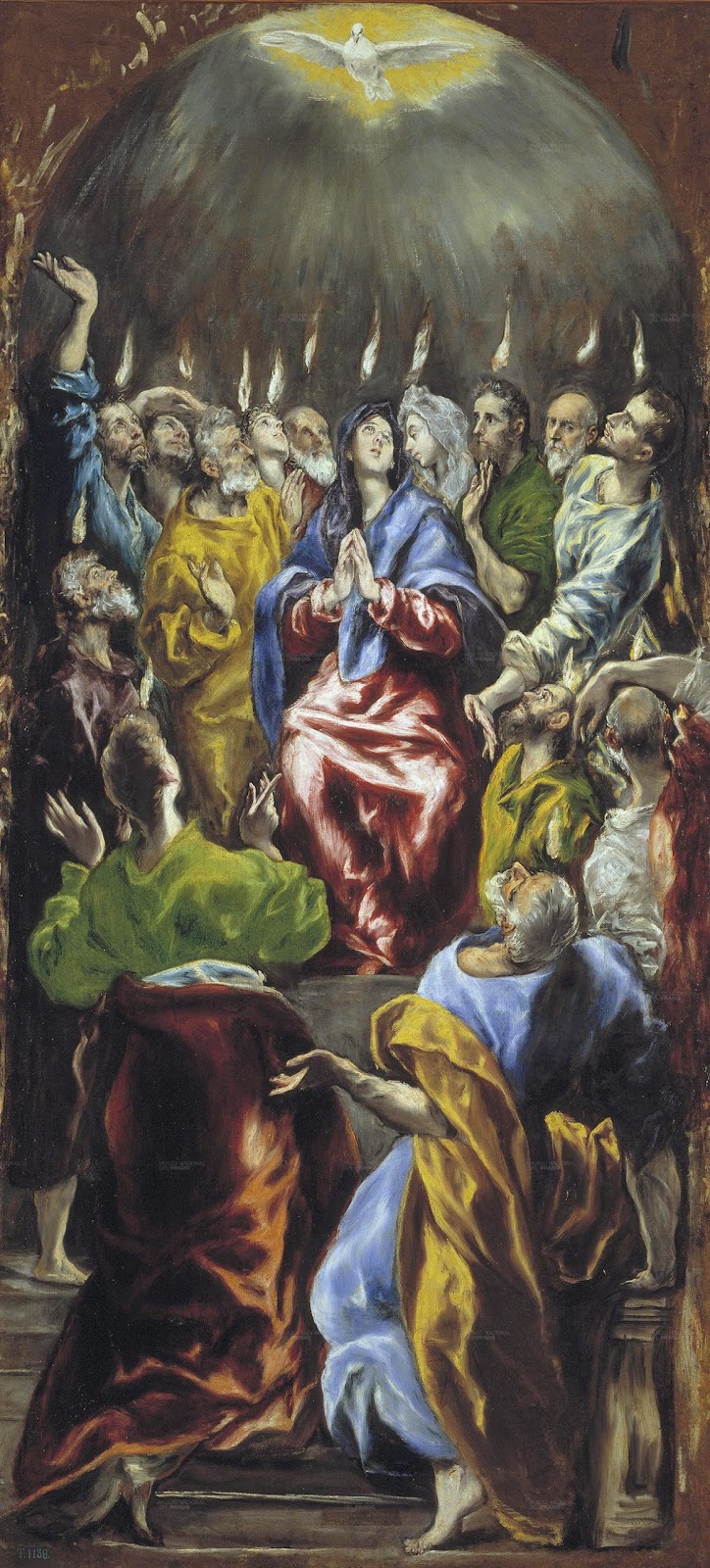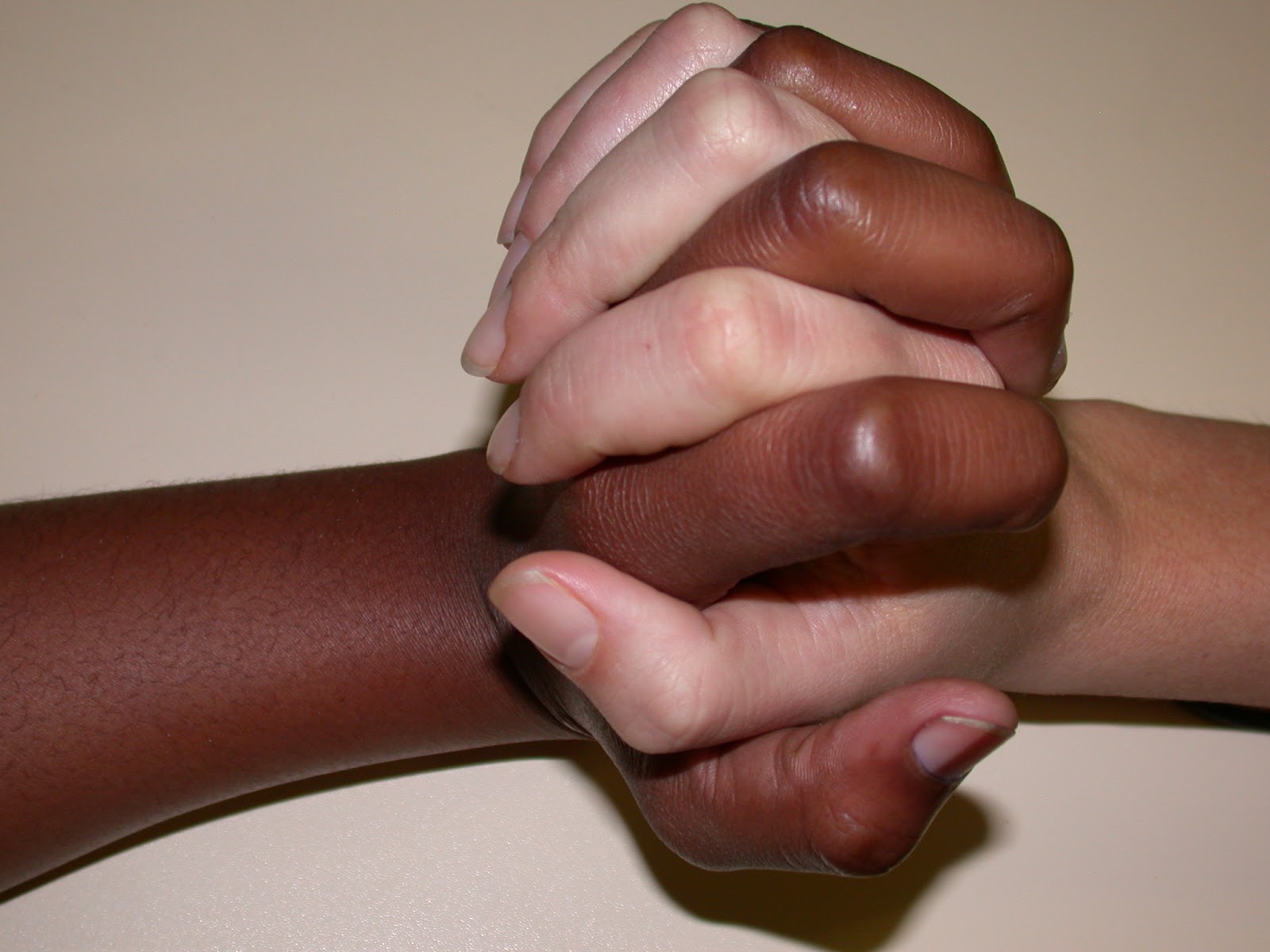I
don’t know about you, but the first time I read through these lessons, (Jeremiah
10:7-13; Psalm 67:7-18; Romans 6:1b-11, Matthew 10:24-39) there was one
overwhelming reaction that I had to them – despair. These, my friends, are
tough readings! In fact, I have to tell you, my first thought was, what a good week this would have been to have brought in a guest preacher. How to
address these challenging texts?
 But then, I kept
coming back to them, and I was reminded how God’s promise and encouragement seep
through the words of even the most challenging texts. Isn’t it just like God to
challenge and teach us through this living
Word of God.
But then, I kept
coming back to them, and I was reminded how God’s promise and encouragement seep
through the words of even the most challenging texts. Isn’t it just like God to
challenge and teach us through this living
Word of God.
In the gospel
text today we read about some of the challenges and threats that may afflict Jesus’
disciples. Following Christ is risky. As Jesus points out, all kinds of
distractions and dangers await. Discipleship sometimes, though not always,
feels like a one step forward, two steps back kind of proposition. It takes
vision, trust and courage to be a disciple of Christ. It takes endurance.
Three times in
this short gospel passage, Jesus says, “do not be afraid.” That is the dominant message here. Do not be afraid. No matter what fate awaits those who follow
Jesus’ call to follow him, to witness and serve in his name, Jesus’
compassionate, persistent message is, “have no fear.” Jesus knows the power of fear. Jesus knows how squeamish fear can make even
the most faithful and devoted of Jesus’ followers.
We, too, are well
acquainted with the power of fear,
because it affects all of us at various times and in the various spheres of our
lives. Let’s face it: Fear drives our
economy, fear can and often does
impact and influence our political process – just think of the headlines and
political claims that dominate every news cycle during election years, for
example – so many of them, driven. by. fear.
There are times
when we might fear for our loved ones, or for our jobs. We might fear for our
health or for changes taking place in our lives; we fear where the future will
lead. We might fear the rise of crime in the streets and in our schools. We
fear that war will never truly cease.
The problem with
fear is that it cripples those caught
in its crosshairs. Fear can silence
us even when we know we should speak.
It causes stress and stress affects
us physically, emotionally and spiritually. Fear
keeps some of us from sleeping well at night, adversely affects our focus, and can
overtake our decision-making and limit our creative processes.
A few years ago,
after I had been taking voice lessons for a year or so, I was scheduled to sing
a beautiful song from the Messiah called
“Come Unto Him” during our church’s annual Advent Lessons and Carols program. I
had been singing and preparing this song for months, and I knew it better than
I knew about any other song or hymn in my repertoire. It was, however, the
first time I had really sung a solo in a program like this, in many, many years.
The afternoon
arrived for the service. Rehearsals went smoothly. In fact, in rehearsal, my solo went beautifully -
better than it had ever gone before, my voice strong and clear, those high
notes perfectly in tune. Following the rehearsal and before the service, we
shared a wonderful potluck meal, and then it was time for Lessons and Carols to
begin.
As I sat with
the choir waiting to sing my solo, though, nerves began to set in. My heart
started to race and pound. My breathing changed. I felt all sweaty and
overheated. Fear began to overwhelm me. When I finally got up to sing, I took a
deep breath, opened my mouth - and barely a sound came forth.
I wish I could
say that soon, the prayers I was desperately
praying for my voice to immediately come
unto me, worked and suddenly my voice was healed and restored, but no. That
is not the case. Instead, it felt
like a heavy damp cloth had been thrown over my vocal cords. I tried to push,
to sing through the restriction, but
nothing worked. It’s possible that something I ate or drank during the meal
affected my vocal cords, but I doubt that was it. I think it was fear that took
my voice away.
That’s how fear
works. It might cause our heart to pound and even to beat faster, but it also
constricts blood vessels, so the work of our heart becomes less effective. Fear
makes us uncomfortable, it makes our breath hitch as classic “fight or flight”
physical changes and reactions overtake us. Suddenly our ability to think, to
act, to problem solve all vanish. Fear makes our voice change and shake, and sometimes,
it mutes them.
Such paralyzing
fear can steal our joy and be the death of discipleship.
What is it that drives
our fear and keep us from
participating fully in the God’s mission? How might fear mute our proclamation
of the good news of mercy and grace that we experience at the hand of God; what
makes our hearts beat ineffectively? What keeps us from shouting from the
rooftops, the wonder of God’s creative and redeeming love? Does fear limit our capacity to embrace, and to fully follow the
cross of Christ?
 For many of us
the fear of conflict or the risk of
judgment can stifle our voices. Gone are the days of a Christian society that
supports church activity and involvement. Gone is the cultural support for
claiming allegiance to church institutions or to the gospel of Jesus Christ.
Gone is the societal practice of honoring adherence to religious activity or
worship.
For many of us
the fear of conflict or the risk of
judgment can stifle our voices. Gone are the days of a Christian society that
supports church activity and involvement. Gone is the cultural support for
claiming allegiance to church institutions or to the gospel of Jesus Christ.
Gone is the societal practice of honoring adherence to religious activity or
worship.
Instead, external
demands on our time – and our many and varied commitments may make it feel risky to place priority in time
consuming religious activity, and even riskier to testify to our faith experience
and beliefs. Jesus reminds us that adherence to the gospel and following in
Christ’s footsteps will not always be easy.
In our gospel
text today, Jesus acknowledges the power of fear. He acknowledges that faithful
proclamation and practice of the gospel will
put the disciples on a collision course with the powers of this world. Jesus acknowledges that those fears are
not unfounded but are very, very real - And yet, Jesus says, “do not be afraid.”
Seems like a
contradiction, doesn’t it?
And yet, my brothers
and sisters in Christ: this phrase, “do not fear, do not be afraid”, is a
characteristic hallmark of Good News
throughout Scripture, in one form or another appearing some 365 times. Anytime
a messenger of God begins a message with the words “Do not fear” you can be
sure that good news is about to come…but you also know that there’s a reason
you’re being told not to fear in the first place: the messenger knows that, all things being equal, fear is warranted here. So, 365 times
throughout the scriptures – the equivalent of one time per day each day of the
year, God sends this message – do not be afraid. Even though it is more than
likely that on any given day, 365 days of the year, somewhere, something is
happening that would cause any reasonable person to be afraid; still, Jesus encourages his disciples: “do not
fear”… .Rather, fostered by Jesus’ instruction “do not fear” and equipped
with the promise “you are of more value than many sparrows” and “I am with you
always, to the end of the age”, we are bold to face these challenges, and so
many more, not with fear but with excitement and anticipation for the new God can and will bring.
Jesus invites
his disciples instead to have courage, and to know that their courage
is rooted in God’s promise. For we worship a God of
resurrection and life. And if we have died with Christ, we believe that we—and
all creation—will also live with him. Jesus went to the cross so that
God’s promise of everlasting life, and of new life through baptism would be
secured. God’s love has dictated that the kingdom of heaven was inaugurated
with the coming of Christ and sealed through his death and resurrection cannot
and will not be threatened by any of
the powers of the earth. And so, Jesus encourages us, do not be afraid to
speak, to follow, to hope, to live this
faith – instead, proclaim the gospel “in the light and from the housetops”
because this proclamation is the most
powerful tool we possess against fear and the powers of the world.
 Jesus promises
that nothing can take away God’s promise, no one can drive away God’s continuing presence, and nor dim God’s
ultimate protection. God alone has power over our body and our spirit. God is
present in the world in mercy and compassion and will never leave our sides.
Jesus promises
that nothing can take away God’s promise, no one can drive away God’s continuing presence, and nor dim God’s
ultimate protection. God alone has power over our body and our spirit. God is
present in the world in mercy and compassion and will never leave our sides.
Friends, Paul
reminds us in the epistle reading today, “Therefore we have been buried with
him by baptism into death, so that, just as Christ was raised from the dead by
the glory of the Father, so too we might walk in newness of life.” Let us boldly
remember, therefore, Jesus’ encouragement, “do not fear” and may God strengthen
us to not fear the challenges that surround us, but to enter them with
confidence and joy, not on our own accord but on account of Christ who lives
within us. Amen.







.jpg)



